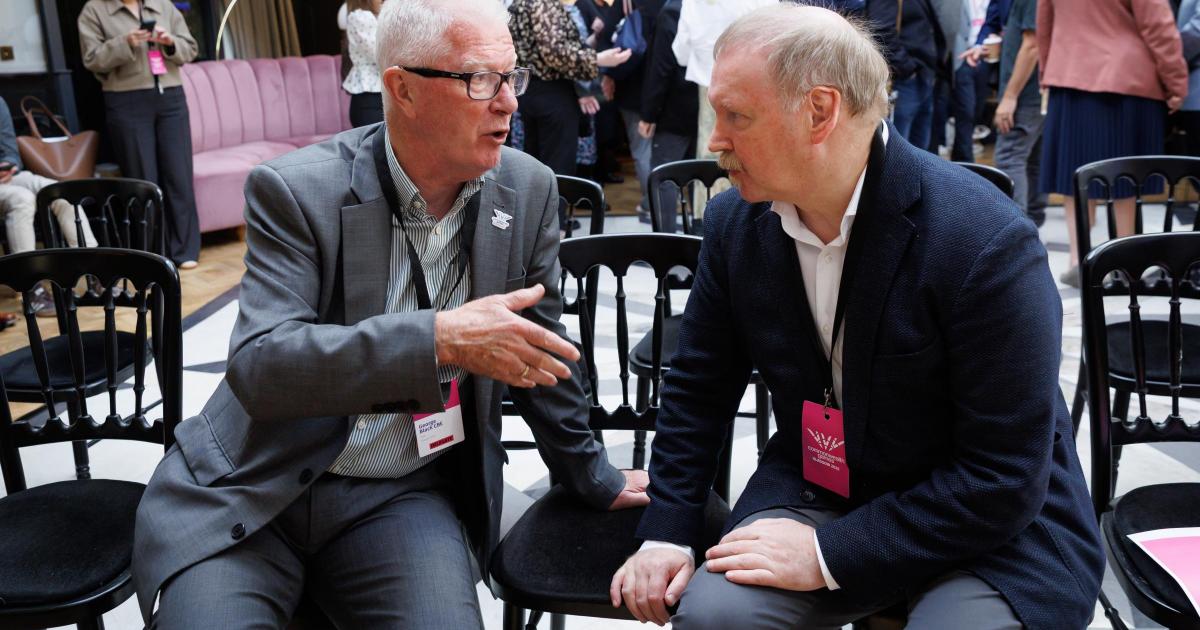“There is a much smaller budget, so there is not as much business to be procured for local companies,” Stuart Patrick said. “Well, we don’t need to build those new venues that made up so much of the budget in 2014.
Read more:
“Instead, we are further building the legacy from 2014 using those venues that we created back then. And there will still be plenty of Scottish companies winning business from these Games and – who knowns – ready to help the countries that choose to run the new leaner, better games that Glasgow is helping to create.”
He added: “We are not spending lots of taxpayers’ money. Arguably, this is one of the biggest inward investments that Glasgow has seen this century, given how much of the budget is being covered by those fabulous Australian authorities.”
The 2026 Games were originally due to be hosted by the state of Victoria in Australia but authorities pulled out in July 2023 citing escalating costs. The cancellation fee paid by the Victorian government has been calculated at A$589m (£302m).
Of that, approximately £190m went to the Commonwealth Games Federation, which is handing over more than half to stage the 2026 Games in Glasgow. No public money is being spent to stage next year’s Games.
Read more:
Phil Batty, the chief executive of Glasgow 2026, said the next year’s event will be a “fantastic showcase for what this city and this nation can do”.
“This is a very different Games, not just because of size or scale, but because the opportunity to collaborate and work together is greater than ever before,” Mr Batty said.
“We are working with our hotels to house our athletes and our technical officials, our city centre businesses to make sure the welcome is absolutely on point, and also more importantly we are taking the fact that we are not a publicly-funded event and we are working much more integrated with the private sector.”
Asked specifically how local businesses could engage with the Games, Glasgow Chamber deputy chief executive Richard Muir there will be “indirect” opportunities at events between now and the start of the Games on July 23. Among these “milestone” events is a visit to the city in November by the general assembly of the Commonwealth Games Federation.
Read more:
“You could buy tickets for your staff or your customers to incentivise and have fun,” he added. “You could encourage your staff to volunteer to get them involved as well. And why not invite athletes into your businesses and have little events around it?”
Chandra Pollock, project manager of the Let’s Go Glasgow BID, said business owners should prepare now for the increase in footfall next summer.
“It’s about getting digitally ready,” she explained.
“A lot of visitors will look digitally for the businesses they want to visit or the things they want to do over the time, so your Google search, is it up there? Have you got the pictures that you want to be visible for your business when somebody’s searching? It’s doing that work just now so that you’re ready for when the visitors arrive in the city.”
Mr Patrick said it’s “true that Glasgow has had a tough time since the pandemic”, but the Games could be a genuine boost to the city’s economy “if we choose to use it that way”.
“Our city centre has been the focus of so much negativity – empty units, expensive parking, dirty streets, broken street furniture,” he added. “That’s been hard to deny but the momentum for change is building.”
